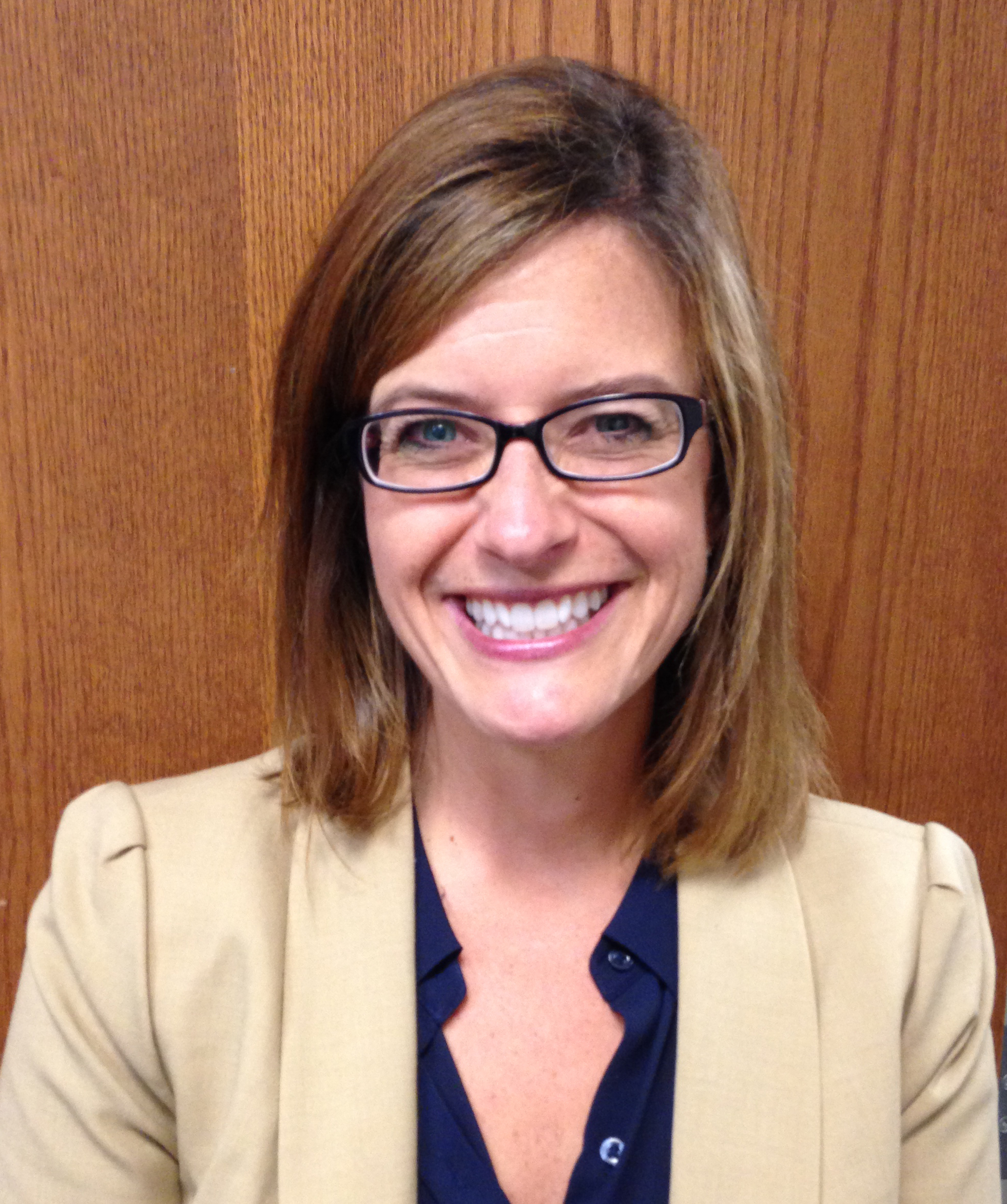Alumni Spotlight: Kathy Goss
 The BRET Office of Career Development presents Alumni Spotlight, an interview with a former BRET PhD student or post-doc and written by a current BRET trainee. Hear how Vanderbilt has shaped an alumnus’s career path, skill set, and network, as well as what career advice they have to give. For more information or if you are interested in writing an Alumni Spotlight, contact Kate Stuart.
The BRET Office of Career Development presents Alumni Spotlight, an interview with a former BRET PhD student or post-doc and written by a current BRET trainee. Hear how Vanderbilt has shaped an alumnus’s career path, skill set, and network, as well as what career advice they have to give. For more information or if you are interested in writing an Alumni Spotlight, contact Kate Stuart.If you search the web for “Senior Science Writer and Director of Strategic Partnerships,” you will likely only find Kathy Goss Ph.D. with this title. Dr. Goss works at the University of Chicago Medicine Comprehensive Cancer Center (UCCCC), and other universities may soon be looking to fill similar positions. Many universities already hire science writers, but Dr. Goss’ job encompasses so much more.
Dr. Goss’ primary job is to use her experience as a scientist and patient advocate to enhance UCCCC’s mission. She promotes the profiles of both research scientists and patients, and is a nexus for connecting researchers, patients, students, institutes, foundations, and the government to each other. The goal is to increase funding from grants and donors, improve cancer education for students and patients, enhance UCCCC’s imprint in the community, and increase public awareness of cancer-related issues, including clinical trials and prevention.
In more specific terms, Dr. Goss says that her job “breaks down into four buckets: advocacy, outreach, education, and communication.”
Advocacy
Dr. Goss is a long-time volunteer for the American Cancer Society Cancer Action Network (ACS CAN), and works with other cancer organizations that have advocacy efforts, including the Pancreatic Cancer Action Network (Pan CAN) and Susan G. Komen. She began volunteering as a graduate student, and remains engaged in advocacy at UCCCC as a way to “do something about the dismal research funding situation,” she says. Dr. Goss participates in lobbying for research funding in Washington D.C., and remains active in state issues. She also coordinates the involvement of UCCCC students and postdocs, so that they may participate in science policy discussions and have an impact on their own future.
Apprised of current cancer research and patient issues, Dr. Goss also serves as a point of contact for foundations and members of Congress who are looking for the translation of complicated scientific issues or grant proposals, and to better understand how legislative decisions could impact patient care.
Outreach
The main goal for Dr. Goss when she is working from the “outreach bucket” is to create internal and external partnerships between people at UCCCC and other cancer organizations and institutions. In this way, she promotes what UCCCC is doing, and also helps other organizations and researchers achieve their goals.
Examples of external partners include the American Association for Cancer Research (AACR), the American Cancer Society, and Pan CAN. Dr. Goss serves as a point person for establishing interactions between the organization and researchers, and participating in fundraising events. Dr. Goss sums up the importance of community outreach when she says, “when our partners accomplish their goals, cancer research and education is promoted, and that benefits everyone.”
Education
Several training programs on UCCCC’s campus include some aspect of cancer biology or cancer research. Dr. Goss’ goal is to integrate cancer training, and make sure the UCCCC remains involved to ensure these programs have the resources they need to be successful.
Dr. Goss is particularly fond of her duties in education, as she feels it is very important to invest in future cancer researchers. She has initiated and centralized undergraduate and high school cancer research training programs at UCCCC, which are now supported by a CURE grant from the National Cancer Institute. She is currently working on expanding this program with more students and more mentors, and is looking into other training program options including an R25 grant for medical education in cancer, and a Susan G. Komen grant for training in cancer disparities.
Communication
As part of her daily tasks, Dr. Goss is part of a small communications team that produces electronic newsletters for UCCCC faculty and print pieces for patients, prospective donors, other cancer centers, and scientists. These include an annual report, scientific report and quarterly newsletter. The overall goal of much of what she writes is to promote the innovative research that investigators are conducting. This enhances their reputation and positions them as cancer authorities in view of the public.
Dr. Goss relies on her scientific background to translate the research accomplishments of center scientists into a language that the general public can understand. She also utilizes social media outlets such as Twitter and Facebook to promote current findings, educate the community, promote upcoming events, and help connect patients and investigators.
Advice in Preparing for a Similar Job
When asked what a graduate student could do to help prepare for a position like hers, Dr. Goss says; “the key is to get out of the lab.” Putting yourself out there can result in finding things that you really enjoy, and then you can make them part of your career. Dr. Goss’ early involvement in advocacy allowed her to put her cancer research in context, and see a more complete picture. In terms of gaining writing experience, she suggests taking on articles for campus outlets such as The Reporter.
Dr. Goss claims that she learned many of the skills essential to her current position as a graduate student, and honed them as a postdoc. These include multi-tasking, being organized, and networking with people. When asked whether she thought a postdoc was beneficial for acquiring a similar position, she replied: “A postdoc can rarely hurt you.”